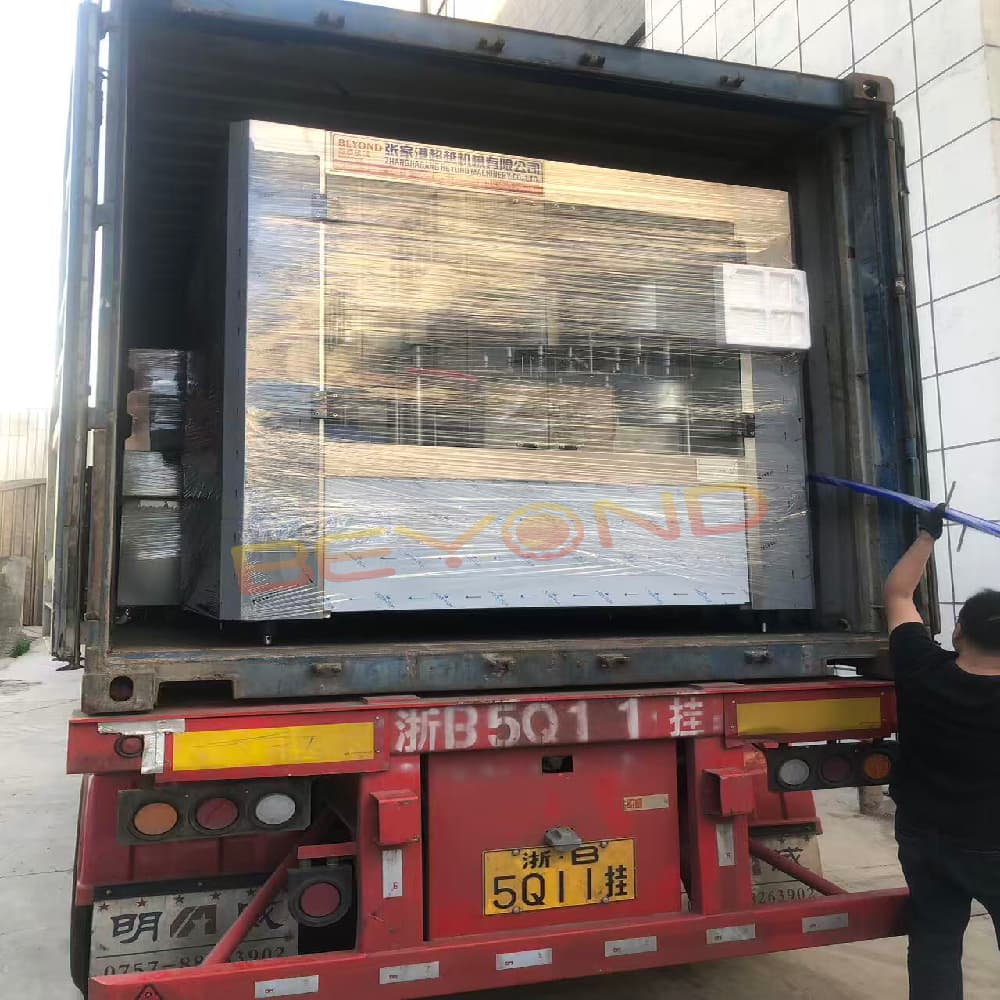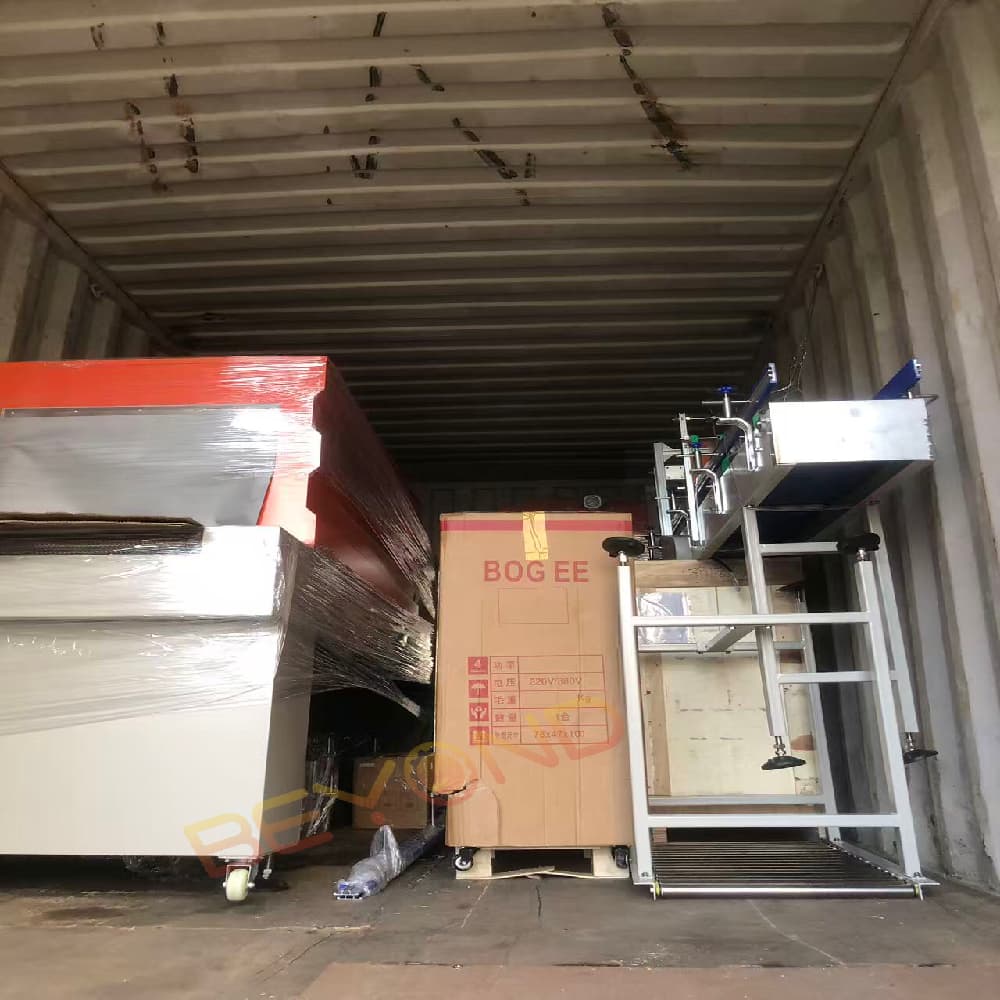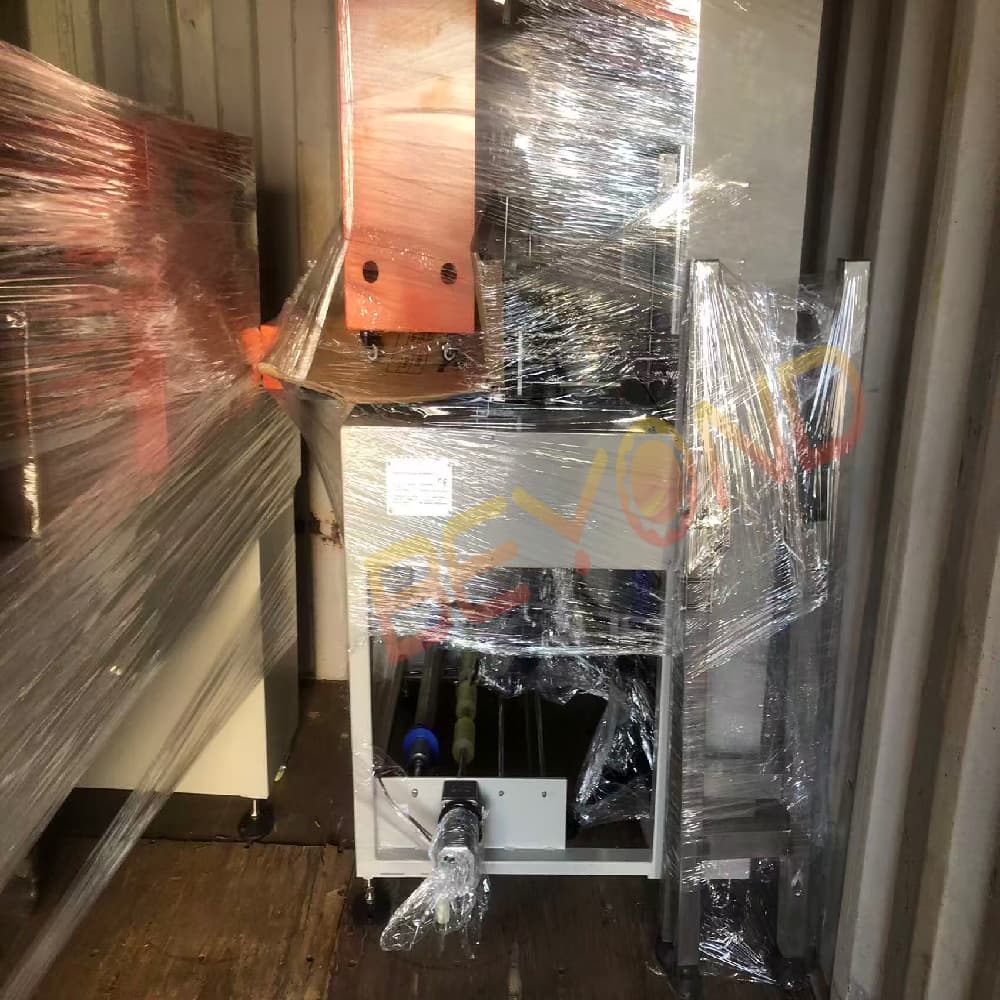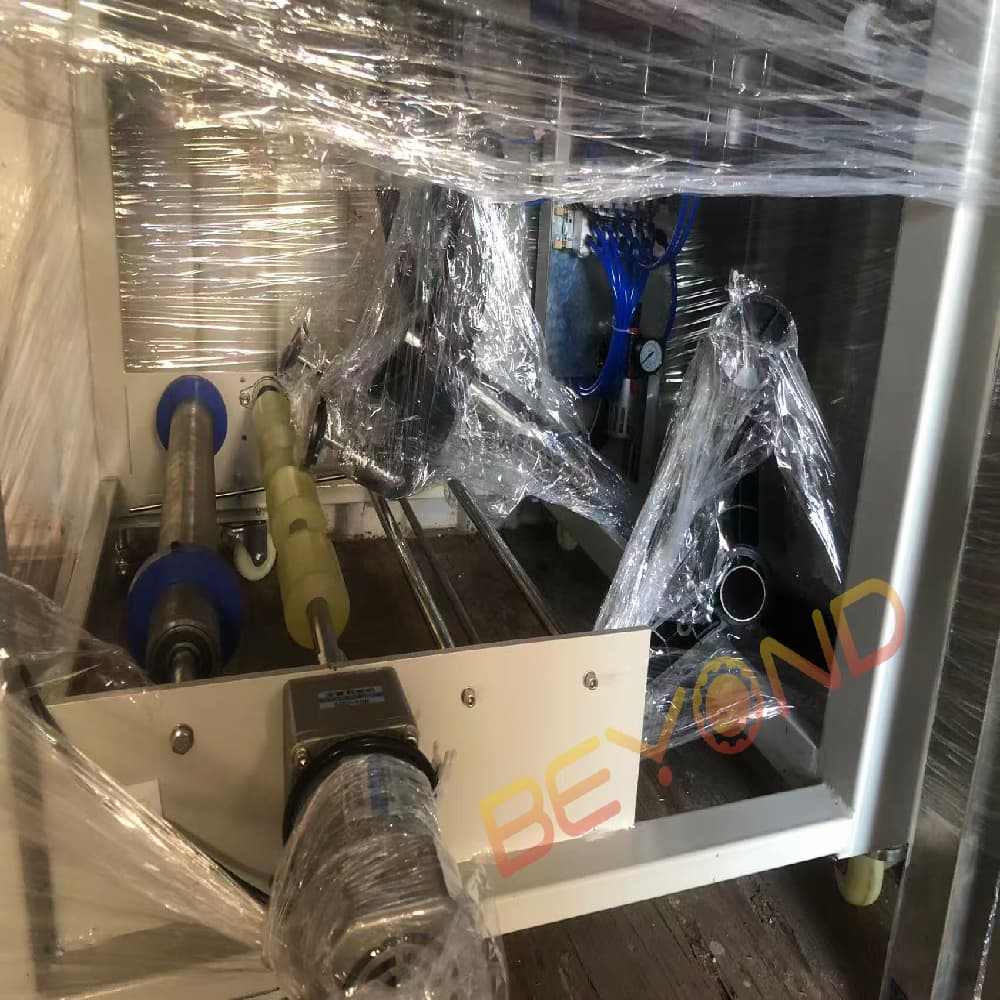Delivering a 4000-5000 BPH water production line to Burundi required Beyond Machinery to overcome challenges such as limited infrastructure, tropical climate adaptation, and unstable power grids. Through thorough pre-project assessments, smart equipment selection like blowing-filling-capping combiblocks, corrosion-resistant materials, and advanced operator training, Beyond ensured efficient installation and long-term operational success. IoT-enabled remote support and future-ready digital upgrades position the project for sustained growth in Africa’s evolving bottling market. 
Thorough Pre-Project Assessment
Before production began, the engineering team conducted a detailed feasibility study, covering:
-
Water Quality Analysis: Burundi’s natural water sources required multi-stage filtration (sand filter, carbon filter, and RO system) to meet international drinking water standards.
-
Factory Layout Planning: Many factories in Burundi have limited space. A modular design approach was used to optimize the footprint without compromising performance.
-
Industry Insight: When exporting to developing regions, it’s essential to plan for unstable power grids. Higher-rated voltage stabilizers and backup generators were specified as part of the delivery package, addressing potential downtime issues.
Smart Equipment Selection for
Maximum Efficiency
The equipment lineup was designed specifically to meet client unique needs:
-
Blowing-Filling-Capping Combiblock: Instead of using separate bottle blowing and filling machines, an integrated combiblock was implemented. This streamlined the process, reduced conveyor complexity, minimized contamination risks, and saved 30% on installation space.
-
Customized Filling Valves: Gravity filling with precise flow control was used, making it ideal for the lightweight PET bottles commonly found in African markets.
-
Technical Detail: Standard stainless steel parts were replaced with higher corrosion-resistant grades (SUS316L for filling components), addressing the higher mineral content in the local water, which accelerates corrosion.
After-Sales Strategy: Long-Term Success
-
Remote Troubleshooting: The machines are equipped with IoT modules, allowing operators to receive real-time support by scanning QR codes on the HMI screens.
-
Future Trend Insight: The African water bottling market is quickly adopting smart monitoring systems (such as OEE dashboards and energy usage tracking). Our machines are designed to easily accommodate retrofitting for future digital upgrades.
Conclusion
The success of delivering a 4000-5000BPH water production line to Burundi went beyond providing high-quality machines. It was the result of meticulous planning, region-specific customization, and smart service strategies. This project underscores how adapting technology and operations to local conditions guarantees long-term customer satisfaction and production stability.





